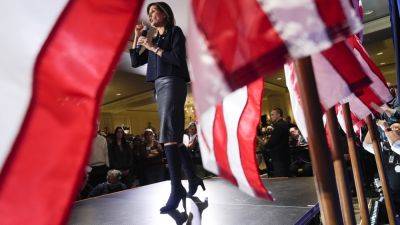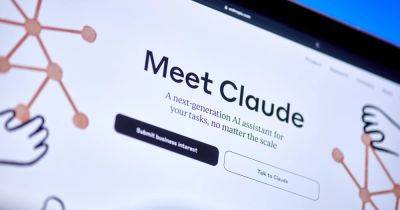Tech firms sign ‘reasonable precautions’ to stop AI-generated election chaos
Major technology companies signed a pact Friday to voluntarily adopt “reasonable precautions” to prevent artificial intelligence tools from being used to disrupt democratic elections around the world.
Executives from Adobe, Amazon, Google, IBM, Meta, Microsoft, OpenAI and TikTok gathered at the Munich Security Conference to announce a new framework for how they respond to AI-generated deepfakes that deliberately trick voters. Twelve other companies – including Elon Musk’s X – are also signing on to the accord.
“Everybody recognizes that no one tech company, no one government, no one civil society organization is able to deal with the advent of this technology and its possible nefarious use on their own,” said Nick Clegg, president of global affairs for Meta, the parent company of Facebook and Instagram, in an interview ahead of the summit.
The accord is largely symbolic, but targets increasingly realistic AI-generated images, audio and video “that deceptively fake or alter the appearance, voice, or actions of political candidates, election officials, and other key stakeholders in a democratic election, or that provide false information to voters about when, where, and how they can lawfully vote”.
The companies aren’t committing to ban or remove deepfakes. Instead, the accord outlines methods they will use to try to detect and label deceptive AI content when it is created or distributed on their platforms. It notes the companies will share best practices with each other and provide “swift and proportionate responses” when that content starts to spread.
The vagueness of the commitments and lack of any binding requirements likely helped win over a diverse swath of companies, but disappointed advocates were looking for stronger







